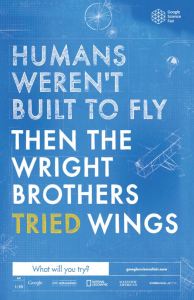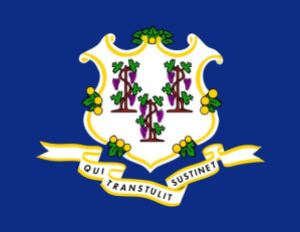 Everyone deserves a second chance. Especially when it comes to education. That’s the premise behind a new program with the Public Libraries, Gale, and Career Online High School.
Everyone deserves a second chance. Especially when it comes to education. That’s the premise behind a new program with the Public Libraries, Gale, and Career Online High School.
The new program gives adult learners the opportunity to earn their high school diploma at a public library. The partners: Career Online High School, Gale, and Public Libraries all help with pieces of the program.
The Career Online High School‘s “nontraditional academic format reengages dropouts” and helps them when “returning to a traditional high school is not an option for most of our students.”
“Gale, which had been offering courses on its own for those seeking a high school diploma, decided to shape its program for the public library” and work with Career Online High School to deliver it to Public Libraries.
“Public libraries… are still very much about education, about supplying materials to people who want educational and informational materials. There’s a lot more emphasis on programming versus just content acquisition.”
Together the three are helping those who need it get a second chance.
Image credit: http://tinyurl.com/n36d8lx, licensed under CC BY-NC-SA 2.0




